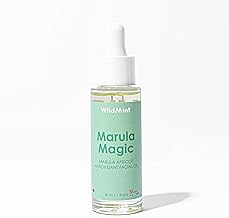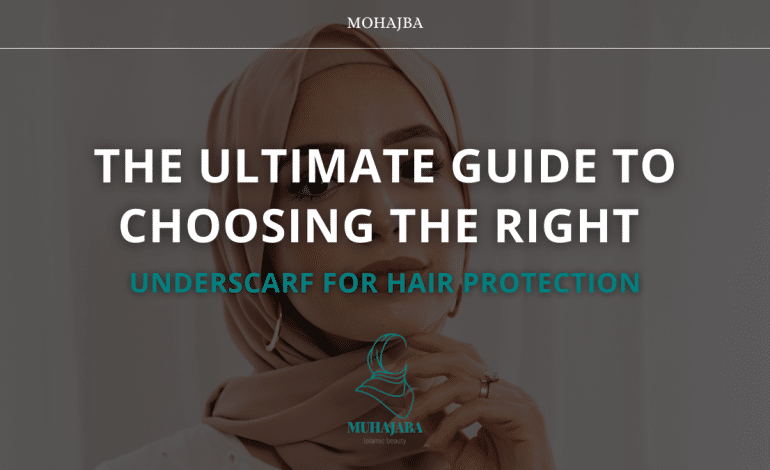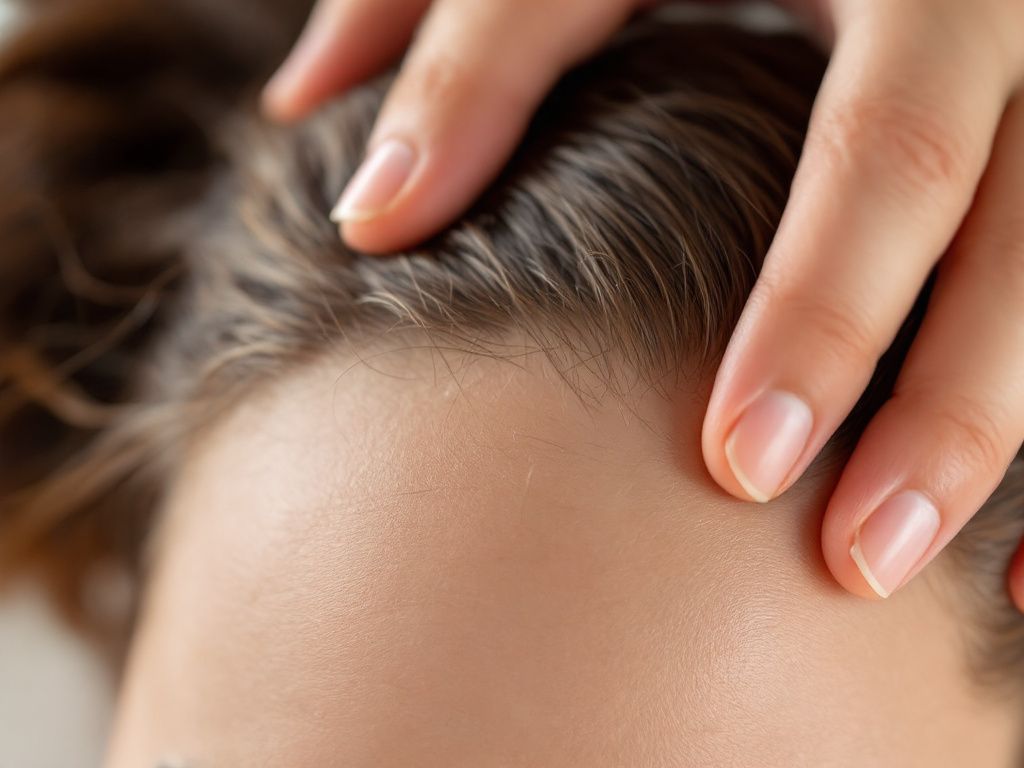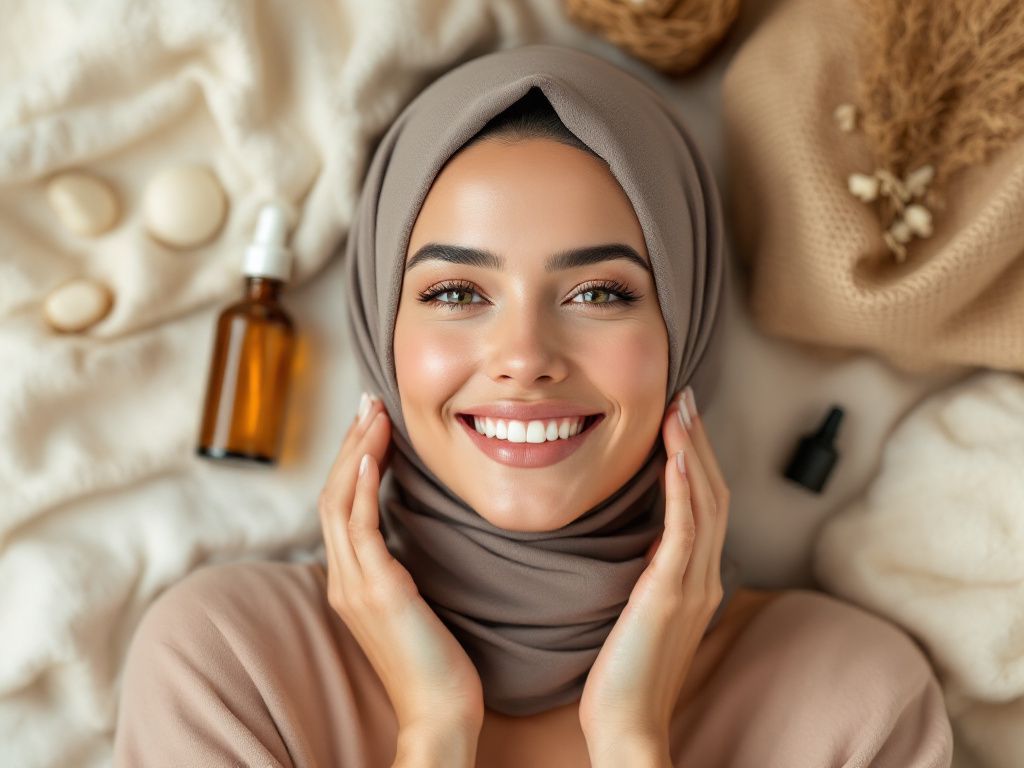[Sacred Skincare] The Science Behind Traditional Islamic Ingredients
![[Sacred Skincare] The Science Behind Traditional Islamic Ingredients](https://mohajba.com/wp-content/uploads/2025/04/halal_skincare_ingredients_feature-770x470.jpg)
If you’re on a journey to rejuvenate your skin with natural and spiritual benefits, one of the richest sources of wisdom lies in traditional Islamic skincare ingredients 🌿. Rooted deeply in history and spirituality, these ingredients have stood the test of time—nurturing the skin with philosophies that intertwine care and respect for Allah’s creations. Welcome to this in-depth exploration where we’re going to dive into the fusion of holiness and scientifically-backed skincare practices.
Discovering the Roots of Islamic Beauty Traditions
Islamic beauty principles have always emphasized on using substances that are deemed pure and beneficial—not just for the body, but for the spirit as well. The Quran and Hadiths often speak of nature’s bounty, guiding Muslims to halal, or permissible, ways of self-care. But it’s more than just following religious tenets—it’s a holistic lifestyle choice.
For instance, traditional Islamic beauty relies on natural oils and herbs—each packed with specific active ingredients that offer potential benefits both in ancient and modern contexts. As interest in halal skincare ingredients increases globally, stepping back to understand these sacred traditions can open doors to healthier skin treatments with fewer synthetic additives.
Key Traditional Islamic Ingredients in Skincare
Let’s delve into some time-honored Islamic beauty staples, backed by scientific detail and practical application tips. Each ingredient has been selected both for its origin story and contemporary scientific examination, giving us a thorough understanding of their roles within skincare regimens.
1. Black Seed (Nigella Sativa)
**Historical Roots and Modern Love** The Prophet Muhammad is noted to have said that black seed can “cure everything but death.” 🌱 Considered a magic elixir in many Islamic traditions, this oil is enriched with nigellone, thymoquinone, and beta-sitosterol—compounds celebrated for their anti-inflammatory and antimicrobial properties.
**Real-World Application and Benefits**

- Anti-inflammatory champion: Black seed oil can calm inflamed skin conditions such as acne or eczema. Apply a few drops mixed with a carrier oil overnight on affected areas.
- Balancing act: Its ability to regulate oil production makes it a delight for those with combination skin—the perfect solution for balancing an overly shiny T-zone without stripping necessary oils.
- Boosting firmness: Regular use can marginalize the effects of aging, supporting skin elasticity courtesy of its rich fatty acid content.
**Research and Insights** A 2015 study published in the Journal of Dermatology explored black seed as a potent antibacterial, particularly effective against Staphylococcus strains associated with acne formation. This growing body of evidence gives weight to ancient claims, legitimizing modern utilization.
2. Rose Water
**Aromatic Wonder of the Rulers** Employed since the time of the Prophet Muhammad, rose water remains a beloved ritual not only for its divinely sweet scent but its profound hydrating and soothing properties.
**Daily Use and Skin Treatments**
- Toning action: After cleansing, a spritz of rose water can serve as a hydrating toner that soothes and preps the skin for moisturizers or serums.
- Soothing Sunburn: Mounting as a skin savior, rose water applied as a cold compress can reduce redness and hydrate sunburnt skin.
**Scientific Verification** The research published in the Iranian Journal of Pharmaceutical Research confirms rose water’s unique antioxidant properties, along with its viability for calming skin inflammation.
3. Olive Oil
**Liquid Gold of Beauty** Dripping with significance, particularly around Mediterranean coasts, olive oil is deemed sacred by Islamic tradition, reflecting its mentioning in Islamic texts. Its utility spans from household consumption to surgical aids in dermatology.
**Practical Ways to Use**
- Deep cleaner: Use a couple of drops to dissolve makeup and impurities while nourishing—best followed by a gentle rinse and facewash.
- Emollient prowess: Dab directly on dry spots or mix with a few drops of essential oil for a richer texture like lavender or chamomile.
**Peer-Reviewed Backing** Given olive oil’s ample provision of antioxidants such as hydroxytyrosol, it plays a definitive role in skin health protection. Published in the journals of ‘Lipids in Health and Disease’, evidence recognizes the oil’s contributions in delaying skin aging and combating dryness.

4. Aloe Vera
**Miracle Remedy or Plant of Immortality?** Revered for its multi-faceted benefits in the Prophet’s time, Aloe Vera is a recognizable herbal standby for its skin-enhancing capabilities.
**Usage Tips and Day-to-Day Advice**
- Healing tech: Alleviate minor burns and irritations by slicing open a stalk and applying the gel directly to the skin.
- Moisture madness: Follow your treatment with pure Aloe as a refreshing summer moisturizer that won’t clog pores.
**Cited Studies** Analyzes in biotechnology indicate the plant’s ability to penetrate epidermal layers, delivering hydration and aiding in stimulation of collagen production—thus promoting a smoother and firmer complexion.
Halal Assurance and Ethical Consumption
It’s not just about results—many enthusiasts of Islamic beauty traditions emphasize the importance of holistic ethical values within skincare. A halal certification ensures that the products respect Islamic law and ethics, negating the use of alcohol, harmful chemicals, or ingredients of animal origin not permissible by Islam.
Creating Your Halal Skincare Routine
Today’s conscientious users are capable of crafting a skincare routine from halal skincare ingredients with intentional herbal blends. Here’s an easy-to-follow layout to get you started:

- Begin with a Gentler Cleanse using saffron-infused mild facewash: Renowned for its radiance-boosting capabilities across Islamic civilizations.
- Tone with Rose Water: Purified with serenity to revitalize.
- Moisturize via Black Seed Oil: A minimal quantity sustains purity.
- Spot Treat and Mask Up with Aloe Gel and triturate sesame seeds paste: Delivers concentrated nourishment and therapies.
Pitfalls and Considerations
Just as a house is built upon a sturdy foundation, enduring skincare should fit wisely-assembled individual needs.
- Dodge everything synthetic: Labels should state explicitly whether an ingredient is pure or if it’s a processed extract. Remember to trust verified sources only, marked by halal certifications.
- Misjudging Patch Testing: Never skip a skin compatibility test; enthusiasm should never overarch prudence.
- Balancing Expectation: Time and slow progression are key sacs when adopting new regimens. Enjoy small victories as areas relent to natural formulations.
The Spiritual Layer: Mindful Ritual versus Routine
In embracing Islamic skincare traditions, consider integrating rasa—a deeper engagement not just in the act of routine, but in its practice each day with purpose. Connecting personal care with prayer or brief reflection can augment spiritual nourishment 🕊️.
In Conclusion: A Bridge Across Time and Skin
Our exploration unravels the profoundly symbiotic relationship between spiritually guided philosophies embodied with modern scientific validations. The history behind “halal skincare ingredients” carries immense wisdom and value—a fascinating testimony to finding synergy between ancient Merkabah elements that contemporarily impart clarity and charisma.
With empowered understanding and reclaimed gracefulness from this culturally-resourced approach, your path draws from the harmonious brilliance of Islamic beauty traditions that revolve uncannily between soul and skin ✨.
—
With this article, may you find respectful Islamic insight intermingled with thoughtful modern science providing your roadmap to personal skincare bliss—an embrace to what’s cosmically divine yet intimate at a fundamental level of being.
Frequently Asked Questions
What are the benefits of using a hair mask in my hair care routine?
Using a hair mask can provide several benefits, including hydration, smoothing, strengthening, curl definition, heat protection, and damage repair. Hair masks infuse the hair with moisture, help coat the hair shaft to seal split ends, reduce breakage, and protect the hair from heat styling and environmental damage[1][4].
What ingredients should I look for in a hair mask?
Effective hair masks often include ingredients such as coconut oil, argan oil, shea butter, honey, avocado oil, green tea, and coconut water. These ingredients provide nourishment, moisturize, and protect the hair, offering benefits like softening, moisturizing, and protecting against damage[2][5].
How often should I use a hair mask in my routine?
You should use a hair mask whenever your hair feels dry, unmanageable, or in need of intense hydration. This can vary depending on your hair type and needs, but generally, using a hair mask once or twice a week can help maintain healthy and moisturized hair[1][4].
How do I apply a hair mask for the best results?
To apply a hair mask effectively, shampoo your hair first, then apply the mask, focusing especially on the ends where hair tends to be the most damaged. Leave the mask on for anywhere from 10 minutes to overnight, depending on the type of mask and your hair’s needs[1][4].
References











